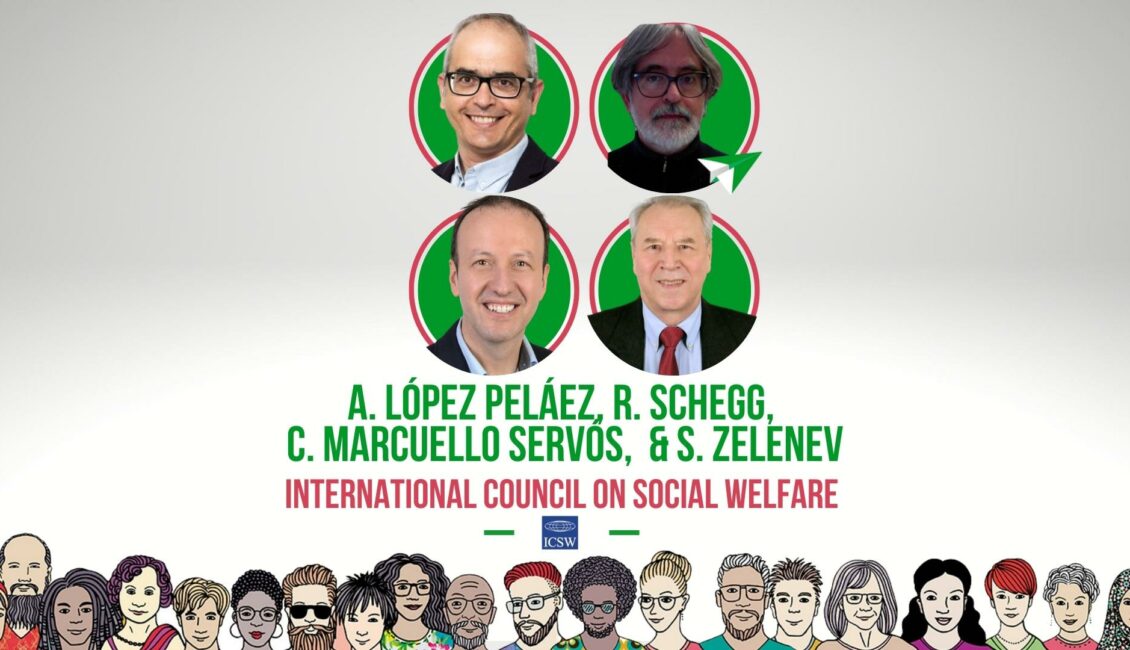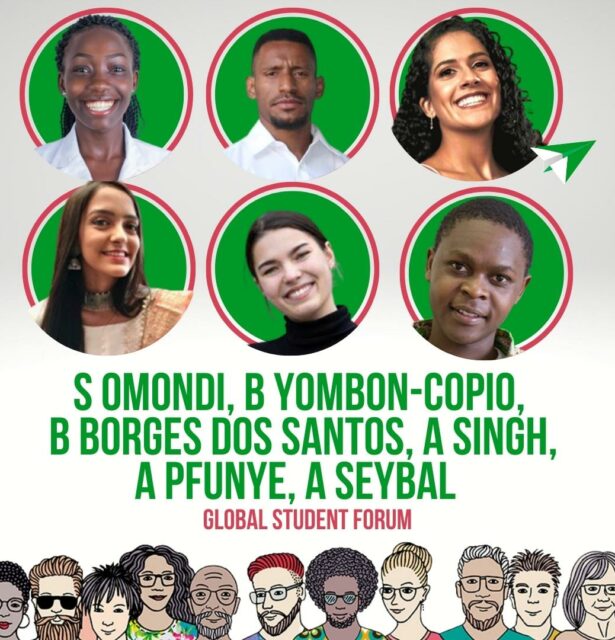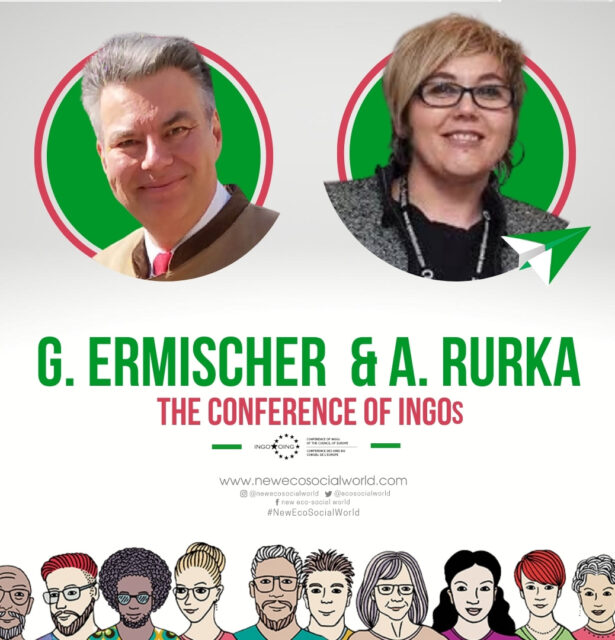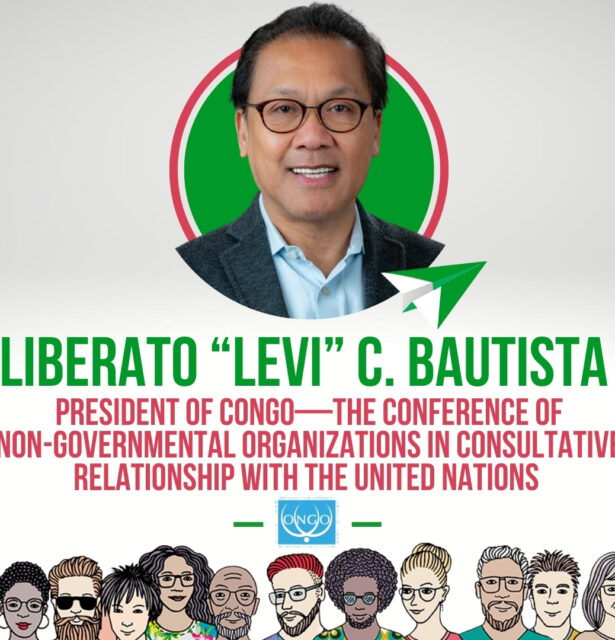
Join this session:
Social Policies, Climate Change and Universal Basic Income after the COVID-19
In this keynote session, three core issues are discussed:: the quest for the new priorities in social policy; issues related to universal basic income proposals; and the role ICSW could play in moving forward the Global Agenda.
The speakers discussed political nature of social policy, including interrelationship of economic, social and environmental dimensions of development in the context of Agenda 2030. Addressing social exclusion and promoting social inclusion has moved to the forefront of social policy-making, with the pledge made by the international community of “leaving no one behind”. A comprehensive, holistic approach to social policy, with equity considerations at the core, has been a hallmark of the ICSW policies. It requires the integration of economic and social objectives at its inception. Now the environmental dimension is an indispensable part of the policy equation.
The issue of the universal basic income could have vastly different effects, depending on the national setting. The discussants underscored that this issue could be seen in conjunction with the quest for the universal social protection.
The role of civil society organizations like ICSW has been crucial in advocacy, service delivery, the setting of higher standard of services, and monitoring the effectiveness of service provision and social spending at large.”
Antonio López Peláez is the Executive Director of the International Council of Social Welfare (ICSW). Professor of Social Work and Social Services at the National Distance Education University (UNED)(Spain). His areas of expertise include digital social work, e-social work, social work with groups, social services and new technologies, and social welfare and youth. The international research group that he leads, Koinonia (https://blogs.uned.es/koinonia/), includes researchers from several countries and a variety of research fields. During the COVID-19 lockdown, he has organised three free online seminars to disseminate good practices, which have had more than 4000 subscribers, created a Digital Social Work channel on YouTube, and organised the 1st International Conference of Digital Social Work with 27 working sessions in English, Portuguese, Italian, and Spanish. He is currently member of the task force to design the post-COVID-19 welfare system in the cities of Vélez-Malaga and Madrid, Spain.
Chaime Marcuello Servós is professor of Social Work and Social Services in the Department of Psychology and Sociology at the University of Zaragoza. He teaches in the Master and PhD programs in Sociology of Public and Social Policies. He coordinates the Interdisciplinary Group of Teaching Innovation; he is a researcher of the Group of Social and Economic Studies of the Third Sector. He was chair of the committee on Sociocybernetics (2014-2018) of the International Sociological Association ISA. Editor of Current Sociology Monographs and SAGE Studies in International Sociology Books (2016-2023), co-director and co-founder of the Iberoamerican Journal of Development Studies and editor of Brill Research Perspectives in Sociocybernetics and Complexity (2019-…). Fellow of the Cybernetics Society (UK) and member of the Advisory Board, since 2020. Chair of the Aragonese Chapter of Internet Society
René Schegg is the Special Representative of the International Council on Social Welfare to the UN in Geneva. He is currently working for different projects at Webster University Geneva in the field of developing study programs such as the MENA Center for Peace and Development. He has a Master’s Degree in Educational Sciences and is currently enrolled for a second Master’s in Public Administration. As Policy and Communications Officer and Acting Secretary General he was one of the main drivers for the Global Agenda for Social Work and Social Development at the International Federation of Social Workers (IFSW). He has extensive experiences in working for NGO’s and for universities in promoting the importance of human rights and education for societies.
Sergei Zelenev is the Special Representative of the International Council on Social Welfare to the UN in New York. Until May 2019 he served as the Executive Director of ICSW.
Before assuming his position at the ICSW in 2012, Dr. Zelenev for almost three decades worked for the United Nations, both at Headquarters in New York and in the field, in Africa (twice) and in the Caribbean. His international career with the UN Secretariat involved a range of assignments, with progressively widening responsibilities, in the analytical and intergovernmental policy fields. He has written widely in the areas of socio-economic policy, ageing, youth and intergenerational relationships.





